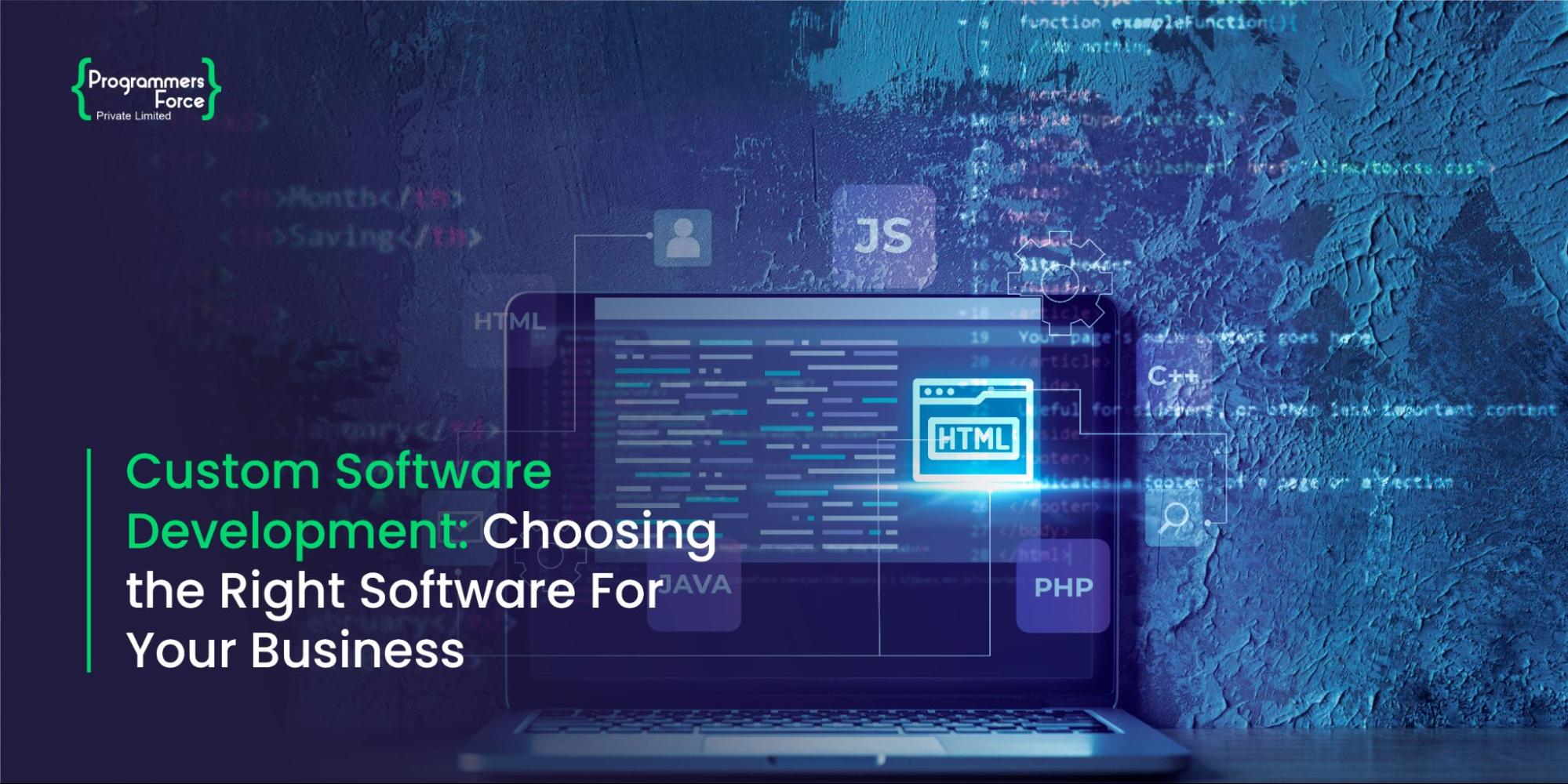
How AI-Based Solutions Boost Customer Experience in Businesses
The software development field has undergone constant evolution in recent years. Every few months, there are several new innovations in the sector. Primarily, artificial intelligence technology has shown significant growth as everyone is now shifting towards automated ways of working. Especially after the launch of OpenAI’s intelligent chatbot, businesses are identifying AI as the core future aspect for driving sales and boosting customer experience. With the mass adoption of machine learning solutions, the business industry is heading in a completely new direction. According to the statistics, the estimated income generated by the chatbot sector is roughly $137.6 million as of 2023 This blog will explain how businesses use AI solutions to boost the experience of their customers.
How Different Industries Consume AI: An Overview
AI-based solutions are becoming mainstream as different sectors take advantage of this revolutionary technology in their own way. Businesses operating in sectors like B2B and B2C channels deploy machine learning tools to improve their customer satisfaction. Regardless of any specific business industry, AI-based solutions have the ability to transform the present as well as the future.
Here are some primary consumers of AI technology:
Software Development Industry
Software development firms are one of the biggest consumers of artificial intelligence. Software developers implement AI to create predictive models, Natural Language Processing (NLP), and computer vision applications. They can create, train, and deploy these models using ML frameworks like TensorFlow, PyTorch, NLTK, spaCy, and Gensim. Machine learning technology is used to evaluate data, comprehend human language, and analyze photos and videos. Software developers can use ML technology to construct intelligent and automated systems that can learn and improve over time, making them more efficient and accurate.
Financial Sector
The banking sector is one of the most data-driven in the world. It’s no surprise that the sector was among the first to adopt machine learning (ML) technologies. Machine learning is a kind of Artificial Intelligence (AI) that enables computers to learn and improve based on their own experiences without being explicitly programmed. In the financial business, machine learning algorithms are utilized for anything from fraud detection to portfolio management. There are various advantages of ML in finance, including higher accuracy, lower risk, and increased efficiency.
Healthcare
The healthcare business uses machine learning (ML) in various ways, including, but not limited to, predicting patient outcomes, enhancing diagnosis, and optimizing clinical operations. ML algorithms can evaluate massive volumes of medical data, such as patient records, medical imaging, and genetic data, to detect patterns and forecast outcomes, allowing clinicians to make more educated decisions. Furthermore, ML can assist healthcare practitioners in detecting early indicators of sickness and improving patient care through individualized treatment strategies.
How AI-Based Solutions Improve Customer Experience
Customer satisfaction is the main focus of every business, as the statistics show that nearly 90% of companies say customers’ experience matters as much as business products or services. Here are some key factors that get major improvements when it comes to machine learning implementations, specific to customer experience.

Hyper-Personalisation
Having generic advertising and digital content is seen as an old-fashioned approach in today’s digitized landscape. Customers who interact with businesses always look for a seamless and personalized experience. With the term personalized, we mean providing them with products or services that they are most interested in. Here AI-based solutions come into play as they enable personalized experiences and deliver timely relevant content to the users. These solutions learn from users’ previous data when suggesting the next product to them. The best example of this use case is an e-commerce platform.
24/7 Customer Support
The second most important factor after personalisation is customer support. Every successful business stands on the foundation of strong customer support. This aspect can also be improved or possibly “completely revamped” using artificial intelligence. For instance, businesses can deploy ML-powered chatbots equipped with all important company resources to manage customer queries. These bots can provide instantaneous responses to consumers and address many common difficulties with your product or service, freeing up your human assistants to focus on more complex inquiries. The organizational team’s burden will decrease thanks to this technology, and it will enable it to serve consumers in a timely manner across all channels of communication.
Customer Behavior Analysis
Understanding customer behavior has always been crucial for businesses. However, machine learning solutions have enabled unparalleled levels of depth and precision in analyzing client behavior. AI-powered systems can now analyze client interactions across many channels, such as social media, email, and website browsing, providing companies with important insights into customer preferences, habits, and purchasing patterns. This information can then be utilized to personalize marketing efforts, enhance customer experiences, and optimize sales methods.
Fraud Detection
Fraud can be expensive and detrimental to any company. Fortunately, artificial intelligence has made fraud detection more efficient and effective than ever before. AI-based systems can examine massive volumes of data using machine learning algorithms to find patterns that signal fraudulent conduct. These technologies may then alert firms to questionable transactions or activity, enabling them to take action before any harm is done. Businesses may use AI solutions to not only identify fraud fast but also to prevent it from occurring in the first place.
Predictive Analysis
AI solution development has also changed the way companies approach predictive analytics. AI systems can anticipate future trends and outcomes with astonishing accuracy by examining past data. This enables organizations to make educated choices, such as estimating client demand or market trends. Businesses may use artificial intelligence to remain ahead of the competition by predicting developments and modifying their strategy appropriately.
Key Takeaways
To summarize, artificial intelligence has become a game changer for firms aiming to enhance the consumer experience. Businesses can now analyze large volumes of client data, give tailored suggestions, and simplify customer interactions by using machine learning algorithms, natural language processing, and other AI technology. Customers now can get quick help and guidance from AI-powered chatbots and virtual assistants, 24 hours a day, seven days a week. Moreover, AI assists organizations in automating time-consuming operations, lowering wait times and increasing efficiency. Overall, AI has altered the customer experience and has become a necessary tool for organizations seeking to give excellent service and differentiate themselves in today’s competitive market.










